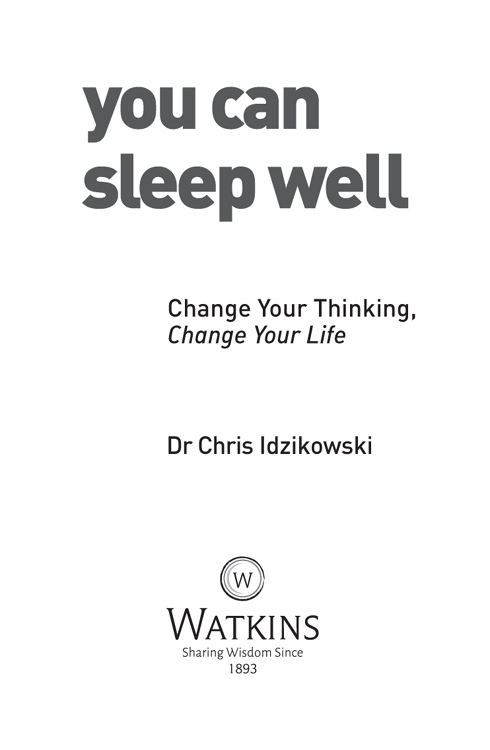

The story of Watkins Publishing dates back to March 1893, when John M. Watkins, a scholar of esotericism, overheard his friend and teacher Madame Blavatsky lamenting the fact that there was nowhere in London to buy books on mysticism, occultism or metaphysics. At that moment Watkins was born, soon to become the home of many of the leading lights of spiritual literature, including Carl Jung, Rudolf Steiner, Alice Bailey and Chgyam Trungpa.
Today our passion for vigorous questioning is still resolute. With over 350 titles on our list, Watkins Publishing reflects the development of spiritual thinking and new science over the past 120 years. We remain at the cutting edge, committed to publishing books that change lives.
DISCOVER MORE ...
 |  |  |
| Read our blog | Watch and listen to
our authors in action | Sign up to our mailing list |
JOIN IN THE CONVERSATION
 WatkinsPublishing
WatkinsPublishing
 @watkinswisdom
@watkinswisdom
 WatkinsPublishingLtd
WatkinsPublishingLtd
 +watkinspublishing1893
+watkinspublishing1893
Our books celebrate conscious, passionate, wise and happy living. Be part of the community by visiting
www.watkinspublishing.com
For Tom and Molly and their extended family
contents
introduction
I nsomnia is one of the most common sleep complaints, affecting 30 to 40 per cent of adults in any one year, and 10 per cent with chronic or recurrent symptoms. As well as taking a toll on an individuals health, this debilitating disorder has far-reaching negative economic and social effects. It is perhaps surprising, then, how little patients and health practitioners alike know about sleep. And to make matters worse, insomnia is only one aspect of poor sleep. In order to find out how we can improve our sleep, we must first gain a clearer understanding of the mysterious, fascinating state that is sleep.
We all know how important good sleep is because at some time we experience sleeping badly. Like breathing, sleep is essential. However, while we cannot go without breathing, we can do without sleep for short periods, in the knowledge that our bodies will find a way to recoup our sleep deficit. Take, for example, bringing up children one of natures big sleep experiments. If parents had not evolved to cope with the way that babies and small children interrupt our sleep, we would never have survived as a species.
Upon being born, we cannot walk walking is a learned skill that requires a certain level of brain development. Sleep is similar. The brains of newborns are immature and all the infants basic needs food, comfort and sleep follow a genetically-programmed blueprint. It is only at around three months, when some parts of their brain have matured, that babies learn to sleep at particular times. And gradually, over the next two years, they begin to adopt a sleep pattern that is more in keeping with their culture and, happily, more convenient for their parents. Sleep, then, is a part-learned behaviour.
As we grow older we inevitably experience stress, whether it is the tension that comes from our job, or the shock of a life-changing event, such as bereavement. If we are lucky, any bad effect on our sleep will be only temporary, but if we are unlucky, the stress might cause us long-term sleep problems. If this has happened to you, take heart you can re-learn how to sleep well, just as you originally learned your sleep pattern as a baby.
In You Can Sleep Well, I provide an in-depth practical guide to teach you all you need to know to get a better nights sleep. Starting with an exploration of what sleep actually is, I delve deeper into the various bodily cycles and how these impact on our sleep, before looking at practical ways to improve our sleep environment. I then consider how we can adapt our lifestyle to help us to sleep better both physically and mentally, and I conclude with suggestions for dealing with specific sleep disorders. Good sleep is everybodys birthright. I hope that this book will help you to reclaim yours.
sleep in perspective
W e spend approximately one third of our lives asleep. This is more time than we spend looking after our children; socializing with our friends; and working. Think how much effort we put into childcare, friendships and our jobs, and how little time we spend thinking about improving our sleep. We tend to take sleep for granted we think of it as a revitalizing process that somehow should just happen.
We are born with the gift of effortless sleep: when babies need to sleep they merely close their eyes and drift off. But by the time we reach adulthood, we have been taught to regulate our sleep habits according to the customs of our society. This learned behaviour supplants our ability to sleep naturally.
However, before we can take steps to improve our sleep, we need to understand it. In this chapter we explore what sleep is, and why and how we do it. We look at all the many ways in which sleep manifests itself from the sleepwake cycles of animals (and even plants) to the sleeping patterns of people from different cultures throughout the world.
a brief history of sleep
A ll living things sleep. Some of them, such as humans, insects, plants, bacteria and many animals, switch in short-term cycles between rest and activity, while others undertake one prolonged stretch of inactivity such as hibernating animals. However, despite the universality of sleep, and even despite the fact that sleep has been a source of fascination since ancient times, sleep research is still in its relative infancy.
When the ancient Greeks talked of Hypnos, they were referring to a mysterious god of sleep, who was said to live in a dark cave, and was the brother of Death and the son of Night. These dark associations suggest that the ancient Greeks were mistrustful of sleep a state that they believed overpowered the brain against its will. Over time, medical men and philosophers tried to explain that state more scientifically. One enduring suggestion was presented by Aristotle (384322 BCE ) who believed that sleep was caused by the brain being gassed by the vapours of our food as the food decomposed in our stomach.
Notions of the brain being fumigated in the way that Aristotle had suggested or, alternatively, flooded with blood, abounded until the fifteenth and sixteenth centuries, when scientists discovered that such occurrences were physiologically impossible. The field of sleep research seemed at a loss and by the eighteenth century the idea re-emerged that blood rising to the head put pressure on the brain, causing it to shut down temporarily.
Next page
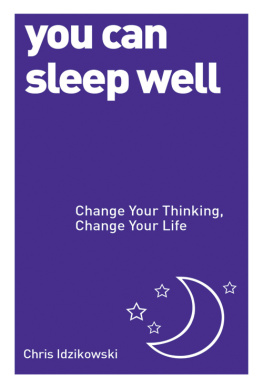
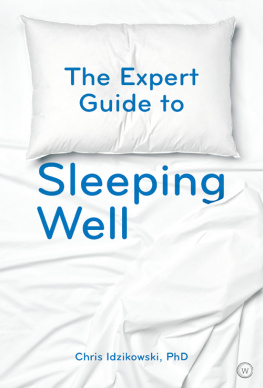



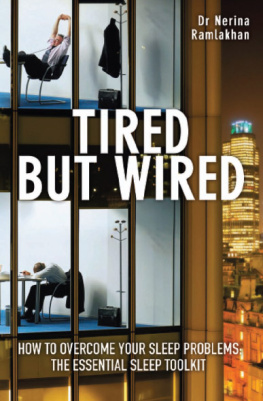

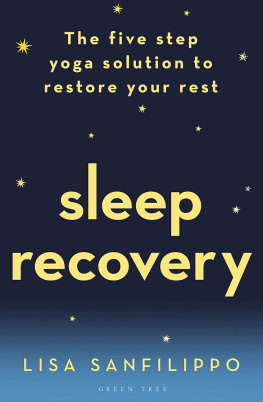
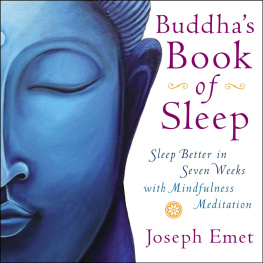
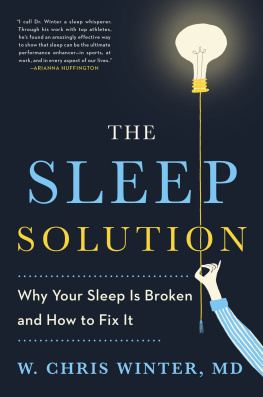





 WatkinsPublishing
WatkinsPublishing @watkinswisdom
@watkinswisdom WatkinsPublishingLtd
WatkinsPublishingLtd +watkinspublishing1893
+watkinspublishing1893